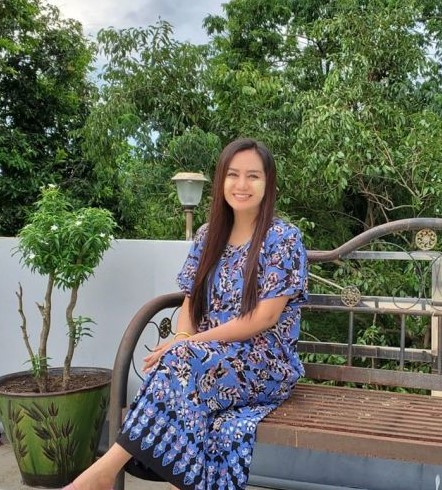














Native people groups’ food frameworks are enduring disintegration at a disturbing rate, infringed upon by unreasonable, industrialized farming models that regard neither environment nor culture. In addition to diminishing cultural and biological diversity, the substitution of these foods puts our global food system’s resilience in jeopardy. Native people groups’ networks all around the world are setting up an opposition, safeguarding neighborhood food societies and being watchmen of biodiversity.
Safeguarding the food frameworks of Native people groups is fundamental to Slow Food’s main goal, and our development perceives the fundamental job of food schooling (DA VERIFICARE) in accomplishing this. By supporting youth and ladies specifically, as mainstays of local area development, through information and abilities sharing, we can guarantee that these practices persevere as well as advance and prosper.
Cultivating Change through Sluggish Food Nurseries
For the Sluggish Food Native People groups’ Organization in Africa, the Nurseries in Africa (DA VERIFICARE) program is key for the assurance and advancement of their food frameworks and for accomplishing food security and food sway. Planting and limited scope agribusiness shaped the fundamental method for food creation for millennia. These days, this framework is being supplanted by another, that develops food without regarding nature, the climate and networks.
Developing food in a manner that recovers and oversees farming assets through support, conventional information and variation to nearby circumstances has forever been significant for our development, and many Sluggish Food People group (DA VERIFICARE) advance this model around the world.
Project Outline
To battle the disintegration of Native people groups’ food frameworks, Slow Food Global, Slow Food Uganda and Slow Food Kenya have drawn up and conveyed the Territorial Foundation for Mentors on Agroecological and Native People groups’ Food Frameworks. Closing in December 2023, this half year drive planned by native people groups for native people groups, involved 30 members from Ethiopia, Kenya, Malawi, Nigeria, Somalia, South Africa, Tanzania, Uganda, Zambia and Zimbabwe in a preparation program based around agroecology, and the many advantages it brings, native people groups’ and ladies’ privileges, and undertaking plan.
The participants who were chosen were members of the Slow Food network who were eager to improve their skills and committed to consistently imparting the lessons to their local communities. We spoke with Stephano, a participant from Tanzania, who expressed his excitement regarding the new tools: Seeing the trading of thoughts, information, and encounters has uplifted my energy. As I return to Tanzania, I’m amped up for applying the bits of knowledge acquired from this joint effort to cultivate my local area and begin to contact native networks in my space. This multifaceted trade has expanded my viewpoints as well as lighted an enthusiasm to contribute emphatically to the government assistance of native gatherings back home.”
The venture expects to prepare mentors on Native people groups’ food frameworks insurances and advancements and to review local area activity plans. As additional motivating force, the undertaking recommendations drawn up by every member and local area will, toward the finish of the course, be assessed, and — if effective — financed.

